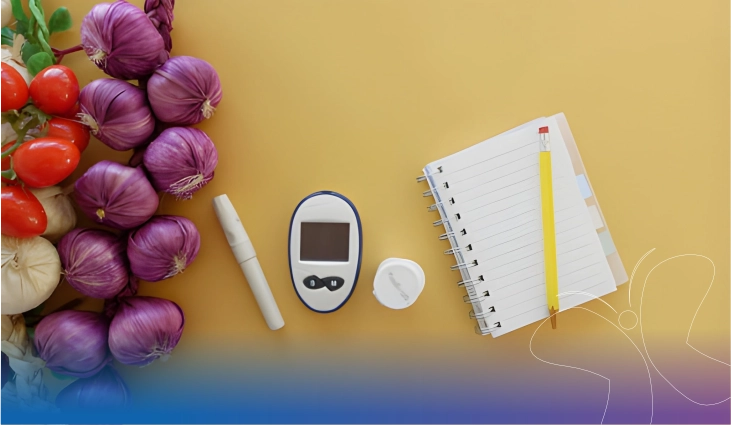A lot of people are worried about fevers, but it can be hard to know when you can treat them at home and when you need to see a doctor. A fever isn't a sickness by itself; it's a sign that something else is wrong with your health, such an infection or inflammation. You should be able to tell how bad a fever is and when you need to see a doctor. This is good for you and your family's health.
What does it mean to have a high temperature?
A fever occurs when your body temperature goes up for a short time, usually above 100.4°F (38°C). The immune system can fight off diseases caused by bacteria and viruses on its own. If you have a moderate fever, you might be able to treat it at home. But if it lasts a long time or is really high, it could mean that something more serious is going on.
When you have a fever, there are a lot of different indicators. Some common signs are
- Sweating
- Feeling chilly or shivering
- Pain in the head
- Pain in the muscles
- Sleepy
- Not drinking enough water
Everyone, but especially young children and older adults, should pay attention to even slight fevers since they could signify a more dangerous infection.
When to treat a fever at home
Most fevers aren't dangerous and can be handled at home. Remember these rules:
- Drink a lot of water and get a lot of sleep. Sleep is important for your health. To stay hydrated, drink a lot of fluids like water, herbal teas, or electrolyte solutions.
- You may get ibuprofen and acetaminophen without a prescription. These two drugs can help decrease a temperature and make you feel better. Always read the directions for how much to take very carefully.
- Wear garments that let air flow through them. If you need to, use a light blanket to stay warm. Heavy clothes can trap heat and make you feel hotter, so don't wear a lot of them.
- Turn on a fan if you need to to cool the room down. A warm bath could also help the body relax.
If you don't have any other serious symptoms, you can usually treat a low-grade fever (below 102°F or 38.9°C) at home.
When to Go to the Doctor
Most of the time, you can treat a fever at home, but you should know when to call a doctor. You should go to a clinic or consult a Physician consultation online right away if you see any of the following:
- It's too high if your temperature persists above 103°F (39.4°C) for more than three days.
- You should visit a doctor right away if you have chest pain, trouble breathing, vomiting that won't stop, a bad headache, or confusion.
- If you have diabetes, heart issues, or a weak immune system, you should visit a doctor right away.
- If a baby is less than three months old and has a rectal fever of more than 100.4°F (38°C), they should see a doctor very far away.
- If your gums are bleeding, you have purple spots on your skin, or you have rashes on your skin, you might have a more serious illness.
You should see a doctor in these situations for your health. It's great that you may now talk to a doctor online at many hospitals. This is really helpful for families with small children or when infections can spread.
How seeing a doctor online can be helpful
In this digital age, it's safe and easy to get medical advice online. It gives patients:
- Find out right away if you can treat a fever at home or if you need to see a doctor.
- You don't have to see a doctor to get a prescription for drugs.
- Learn how to help kids, elders, and anybody else who has had a fever for a long period.
Families that need care right soon and don't want to be around other sick individuals in hospitals or clinics can benefit a lot from online consultations.
How to minimize your chances of getting a fever
You can't always keep fevers from developing, but you can do these things to make it less likely that you will get sick and have them:
- Germs won't spread as quickly if you wash your hands often and keep them clean.
- Vaccines: Getting all of your vaccines on time will help you stay healthy and save you from getting the flu, typhoid, and other illnesses.
- Your immune system will be stronger if you eat healthily, get enough sleep, and work out a lot.
- Stay away from sick people. This is really important when the flu or other bad infections are going around.
In a nutshell
Fever is a common health issue that normally goes away on its own with rest and treatment at home. You should, however, be aware of the signs that could mean you are very ill. If you have a low-grade fever, you can get well by resting, drinking fluids, and taking over-the-counter medications. If your temperature is very high, lasts a long period, or comes with other symptoms, you should consult a doctor. You can be sure that your care is secure and on time, whether you talk to a Physician consultation online or your General physician for family health about your health.
We at Flowrence Hospital stress how crucial it is to know when to call a doctor and when to stay home and treat a fever. You can be sure that your family's health is always in good hands this way.











































































































































































































